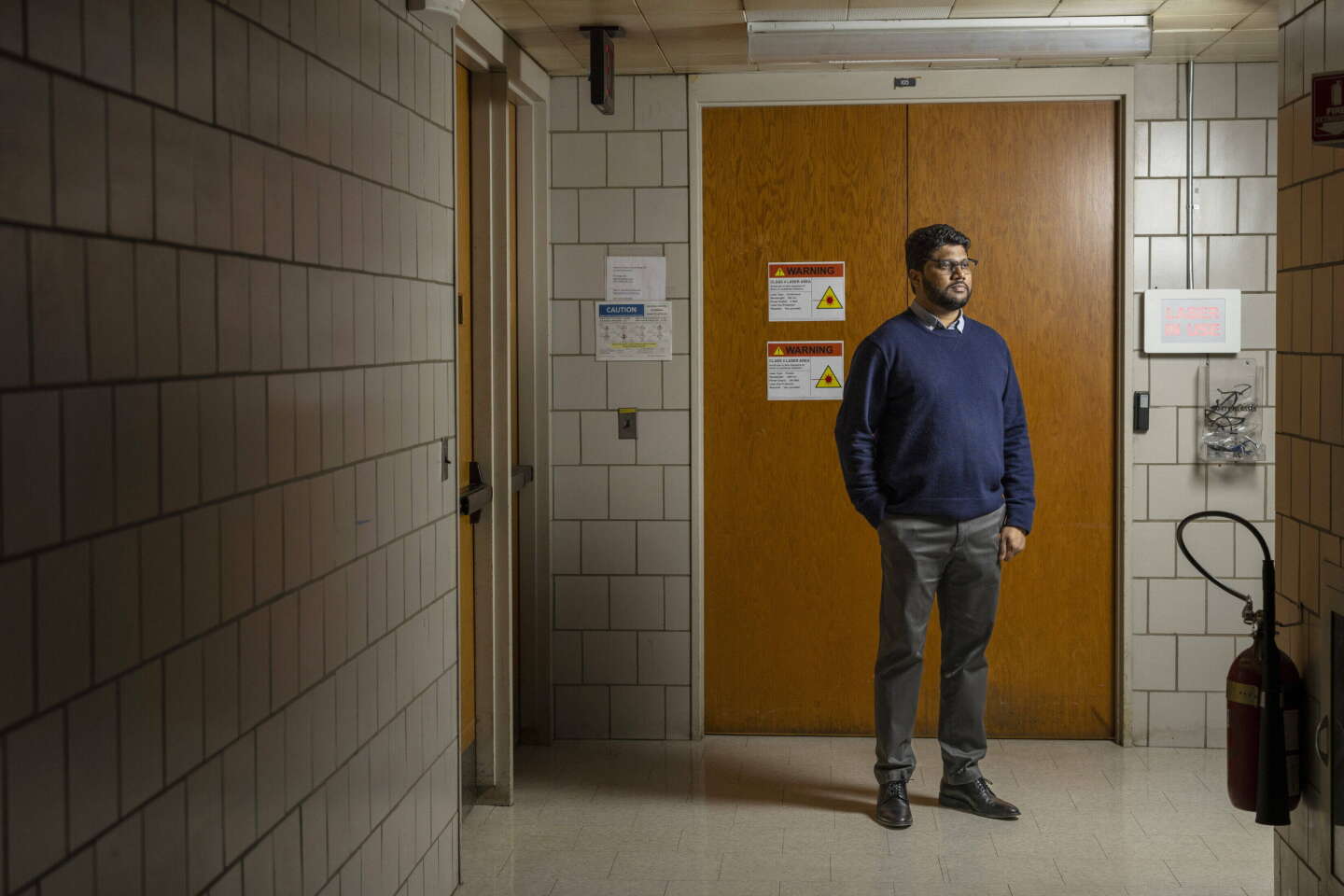
“Nature” retracts an article about superconductivity eight months after its publication
Another cold snap is in the field of superconductors, materials that lose their electrical resistance when cooled below a certain temperature, leading to dreams of revolutionary applications in electrical current transmission, navigation or quantum computation.
On November 7, review nature to Remove the article that caused an uproar In March, he described a superconductor based on room temperature lutetium and nitrogen ” high “ pressure. This summer, South Korea’s announcement of LK-99, a compound based on lead, copper, oxygen and phosphate that has superconductivity at room temperature, went viral. This time the University of Rochester team led by Ranga Dias was announced. It immediately attracted suspicion. It must be said that the researcher was actually forced to do so Article withdrawn in September 2022always in natureOn another type of superconducting material.
His condition worsened again in August Review the article in Physical review letters, without a direct connection with superconductivity. An investigation was also conducted to find out whether passages from his thesis were not plagiarism.
“Credible” and “substantial” concerns.
Latest undo naturewhich was not accepted by Ranga Dias, follows the request of eight co-authors, out of eleven, of the March article whose letter revealed Wall Street Journal. They laid out a scathing indictment against the scientific integrity of Team manager. review nature He also received external questions about data quality. Ultimately, after being warned about the article last September, the newspaper decided to retract it, concluding that the concerns raised were abstract. “reasonable” And “substantial”, despite of “Unresolved”. all of this “Compromising the integrity of the article”. Three of the authors, including Ranga Dias, did not respond to the newspaper to say whether they accepted this decision or not.
Unlike LK-99, the case appears to be more about violations of scientific integrity than about mistakes by scientists. It also questions the newspaper’s procedure for publishing the article. In the news pages naturePhysical Sciences Editor-in-Chief Karl Zemelis defends the quality of the proofreading process, “The highly qualified experts selected raised a number of questions during proofreading which have largely been answered in successive editions.” From the manuscript. However, the newspaper is careful to maintain its secrets, and does not even want to reveal the number of experts contacted to make this assessment.

“Unapologetic pop culture trailblazer. Freelance troublemaker. Food guru. Alcohol fanatic. Gamer. Explorer. Thinker.”
